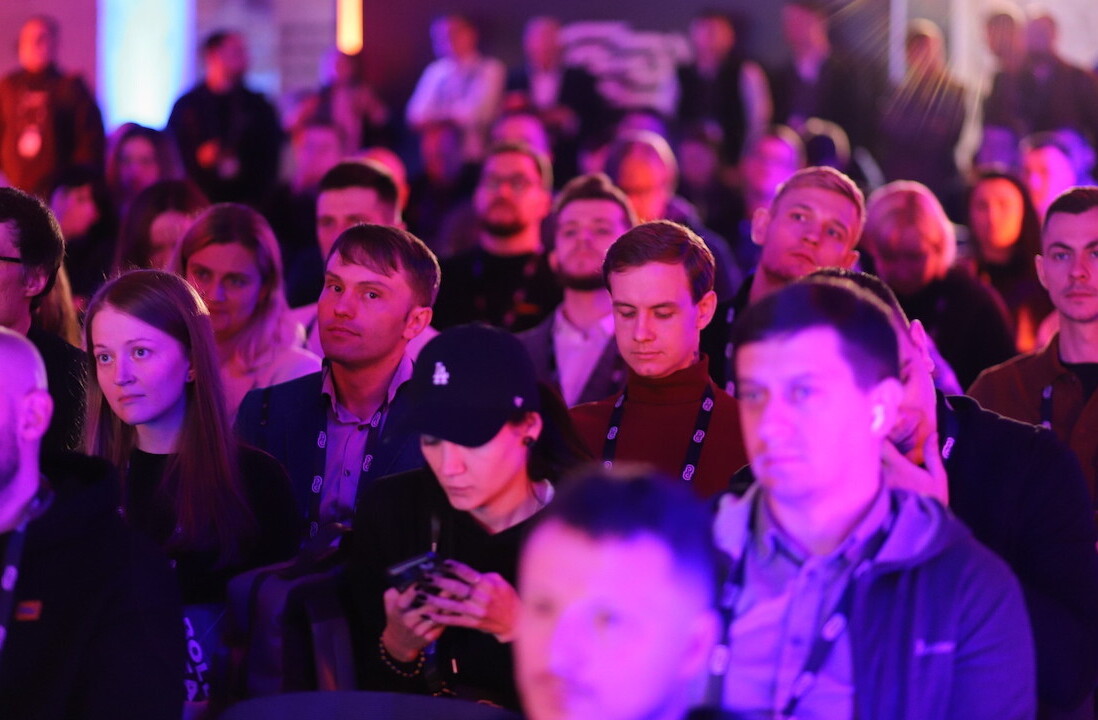
I’m a geek and given the choice I will always choose to hangout with my own “kind”. Having launched a product and started a service business I quickly realised that I had to break out of my habits and start going to where my customers really are. That’s why, when I was given the opportunity to speak to an entrepreneur and startup founder about this subject, I immediately jumped on board.
Jeremy Kagan is the founder & CEO of Pricing Engine. A web service that helps the “little guy” make the most of online advertising by optimising their resources and budget, while making suggestions on what ads they should invest in. Last May, instead of going to Internet Week in NY or TechCrunch Disrupt, Jeremy decided to build a group of experts and go to where their customers were.
Pricing Engine along with the guys from GinzaMetrics, nowSpots, OwnLocal and Sailthru, started Local Innovation Labs. A group of venture-backed technology startups who are dedicated to serving and supporting local media by providing revenue generating opportunities. In May, the group packed their bags and headed over to the Media Finance Focus 2012 conference in Las Vegas, where all the old school people were.Here’s the experience in Jeremy’s words:
“So we went to this conference to kick off what we call Local Innovation Lab and we had basically 5 compatible companies. We did a panel where we talked about how these guys have these great assets, and how there’s good news in digital for them. It’s not all bad news. They have great assets and they are totally leverageable. We’re here to give you the arms in the fight against the people who eat your lunch money.”

The results of this initiative were incredible. People approached them to congratulate their move, they built connections and gained introductions into their organisations.
Everyone in the group he chose agreed on one thing “there’s a lot of focus in talking in the echo chamber. There’s an obsession on being on the social list almost. Where do we invest our limited time and resources?“. I couldn’t agree more. Having bootstrapped every project I have started, I know how it feels deciding on where you should be.

My question was obvious. Have you discussed this with other startups? And why aren’t others doing it?
“A lot of the younger guys, they are less sure where to go and how to go and work a convention. At a tech convention you are basically trying to get people excited about your product. A community event is very supportive and easier to understand.”
Jeremy told me that at their booth, they had to use all the old tricks in the book. Attract people, educate them about the product, explain what they can do in easy to understand and tangible terms.

Knowing how useful meeting face to face with customers is, I wanted to find out how it worked for Jeremy in terms of feedback.
“We’ve uncovered some issues there that, you know as tech guys we often assume everything is rational and going to make total sense, one of the challenges we have working with these local media partners is that they are part of larger corporations and the way our tech products get used are not properly accounted for. A lot of them said “Yeah that’s great but we are not sure how WE benefit from it, how do we make money?”. People want to see the output.”
The last point that I wanted to understand was what can tech founders that don’t have industry experience do to understand how you can approach these things?
“There are a couple of things. First, young tech founders are very supportive of each other and willing to talk and accept advice. So they can turn to each other for advice. Second, by sharing leads they can understand how to explain things. The one thing tech guys tend to overlook a little bit is the business side of things. They have a field of dreams that if we built it they will come mentality, and having a business guy that is willing to go out there and talk and find out what’s needed and come up with a model that people are willing to pay for. That’s the second piece of business.
It’s also important to keep in mind that the tech community has different standards than a regular person. A regular person wants to know, does it fit in my life, does it fill a need that I have? The tech guys are looking for the next shiny toy. People want to see the output.”
Any last piece of advice?
“Go to a place where not everybody is going to say “Cool Tech, I love it”. They are going to say “What does it do for me?”. I didn’t get one question about Ruby on Rails or anything like that. I got questions about the product. Also, what’s in it for the customer? Explain the value proposition. Not what it does. Not how it works. But what they get out of it.”
Speaking with Jeremy gave me this great feeling that you get when everything that you have been thinking is true, is verified by someone else. We are building more and more startups and we need to keep in mind that we are not doing it for the sake of technology. We are doing it for the people who will benefit from it. The only way for them to learn about it, is by going to where they hang out.
Get the TNW newsletter
Get the most important tech news in your inbox each week.





